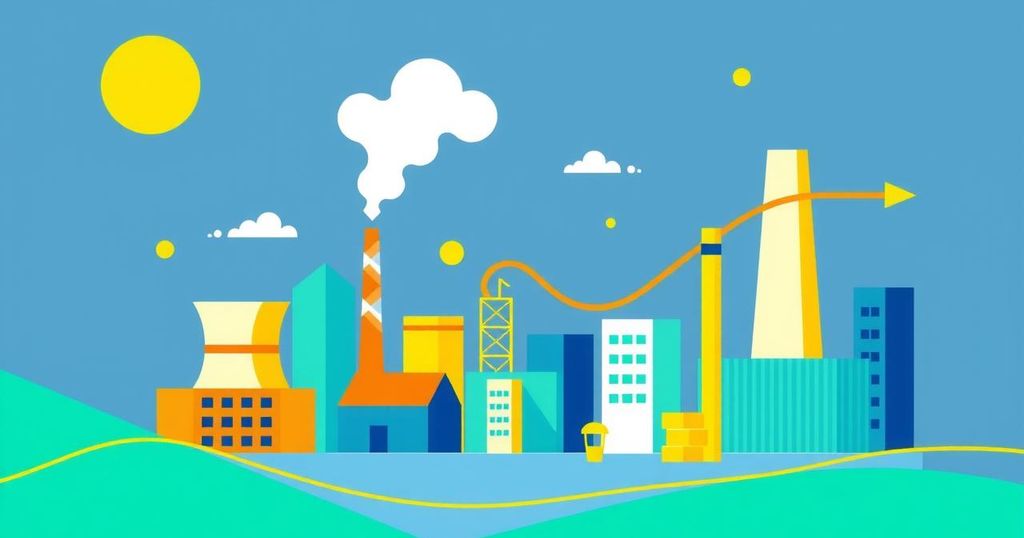Brazil’s private sector activity improved in February 2025, with the S&P Global Composite PMI increasing to 51.2, indicating moderate expansion. Manufacturing outperformed services, while growth in services was limited by low purchasing power and high borrowing costs. Cost inflation surged, especially in services, with significant impacts on selling prices.
In February 2025, Brazil’s private sector activity showed a significant rebound, as indicated by the S&P Global Composite PMI, which rose to 51.2 from January’s 48.2. This marks a notable recovery following the first contraction in 16 months, suggesting moderate expansion in economic activity.
Both the manufacturing and services sectors experienced increases, with manufacturing output leading the recovery. While services reported only slight growth, the return of new business was primarily driven by the production of goods. However, the services sector’s growth remained hampered by weak consumer purchasing power and substantial borrowing costs.
Cost inflation became more pronounced, particularly affecting the service industry, which recorded the steepest inflationary pressures in 18 years of data tracking. Furthermore, selling price inflation rose sharply, reaching levels not seen since mid-2022, as businesses transferred increased costs to consumers.
The revival of Brazil’s private sector activity in February 2025, demonstrated by the improvement in the S&P Global Composite PMI, highlights the incremental recovery in both manufacturing and services. However, persistent challenges such as consumer purchasing power and inflationary pressures underscore the complexities faced by the Brazilian economy as it seeks a stable growth trajectory.
Original Source: www.tradingview.com




